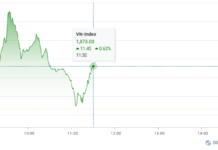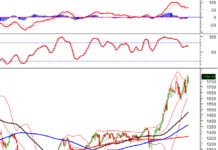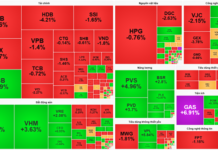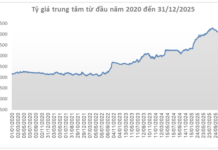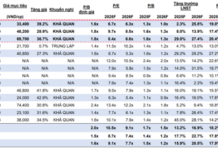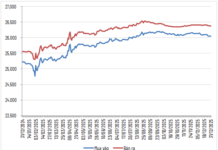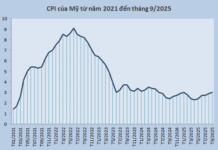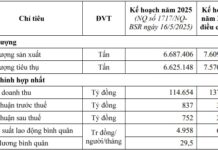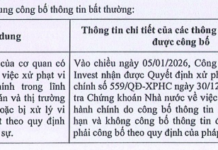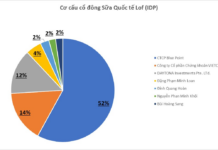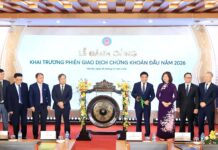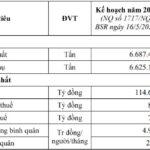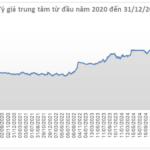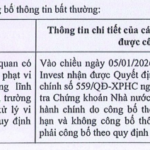What notable movements are happening in the luxury real estate market in Vietnam?
The luxury real estate market in Vietnam is still an emerging “playground,” but it is developing rapidly due to the quick growth of the wealthy and ultra-wealthy classes. They are not just buying houses but seeking a lifestyle statement, a status symbol, and exclusive experiences. Luxury real estate offers a perfect solution to these demands.
The North, especially Hanoi, leans towards heritage values, cultural depth, and discreet luxury. A prime example is The Ritz-Carlton Residences at The Grand, Hanoi, where owners not only purchase living space but also acquire a part of the ancient quarter’s soul. In contrast, Ho Chi Minh City and resort destinations like Phu Quoc Island offer a more vibrant ambiance, appealing to successful individuals who appreciate the fusion of international lifestyles and long-term investments. Projects such as Grand Marina, Saigon, Regent Phu Quoc, and Park Hyatt Phu Quoc are emblematic of this trend.
What is the role of a consultant in the luxury real estate segment today?
In my view, a luxury real estate consultant is not merely a salesperson. They are connectors, empathizers, and advisors. They need to possess aesthetic sensibilities, a deep understanding of history, culture, and the consumption patterns of the elite, and the ability to provide strategic investment advice.
At MGV, instead of a widespread recruitment approach, we focus on building an elite team, with each member being a true “asset advisor.” We also selectively distribute projects with high standards regarding location, brand, growth potential, and cultural depth. Each property is considered a “masterpiece” and must align with the tastes and psychology of the respective region.
How does your love for art influence your consulting work?
It influences it greatly. For me, there is a common thread between a symphony and a refined architectural project: harmony, emotion, and depth. Art allows me to sense the “soul” of a project, transcending materials, drawings, or amenities. This enables me to connect it with the emotions and values of our clients.
Many of my clients are art enthusiasts as well. When we can converse about a concert, our relationship transcends a mere business transaction and becomes a shared appreciation of a value system. Understanding my clients’ aesthetic preferences helps me grasp their genuine needs, allowing me to offer personalized solutions that no CRM software can replicate.
Many describe your management style as “iron hand in a velvet glove.” Do you agree with this assessment?
I think it’s quite accurate. The “iron hand” represents the discipline, standards, and results-oriented mindset essential in the luxury real estate sector, where excellence is a non-negotiable requirement. We deal with ultra-high-net-worth individuals and global brands, so meticulousness is crucial.
However, an organization relying solely on “iron” would become rigid. The “velvet glove” aspect is about empathy—sitting with my team to understand their needs, challenges, and how I can support them in achieving their goals. I believe a good leader motivates with logic and nurtures with heart.
Last question: What foundation has kept you steady on your journey as a luxury real estate advisor?
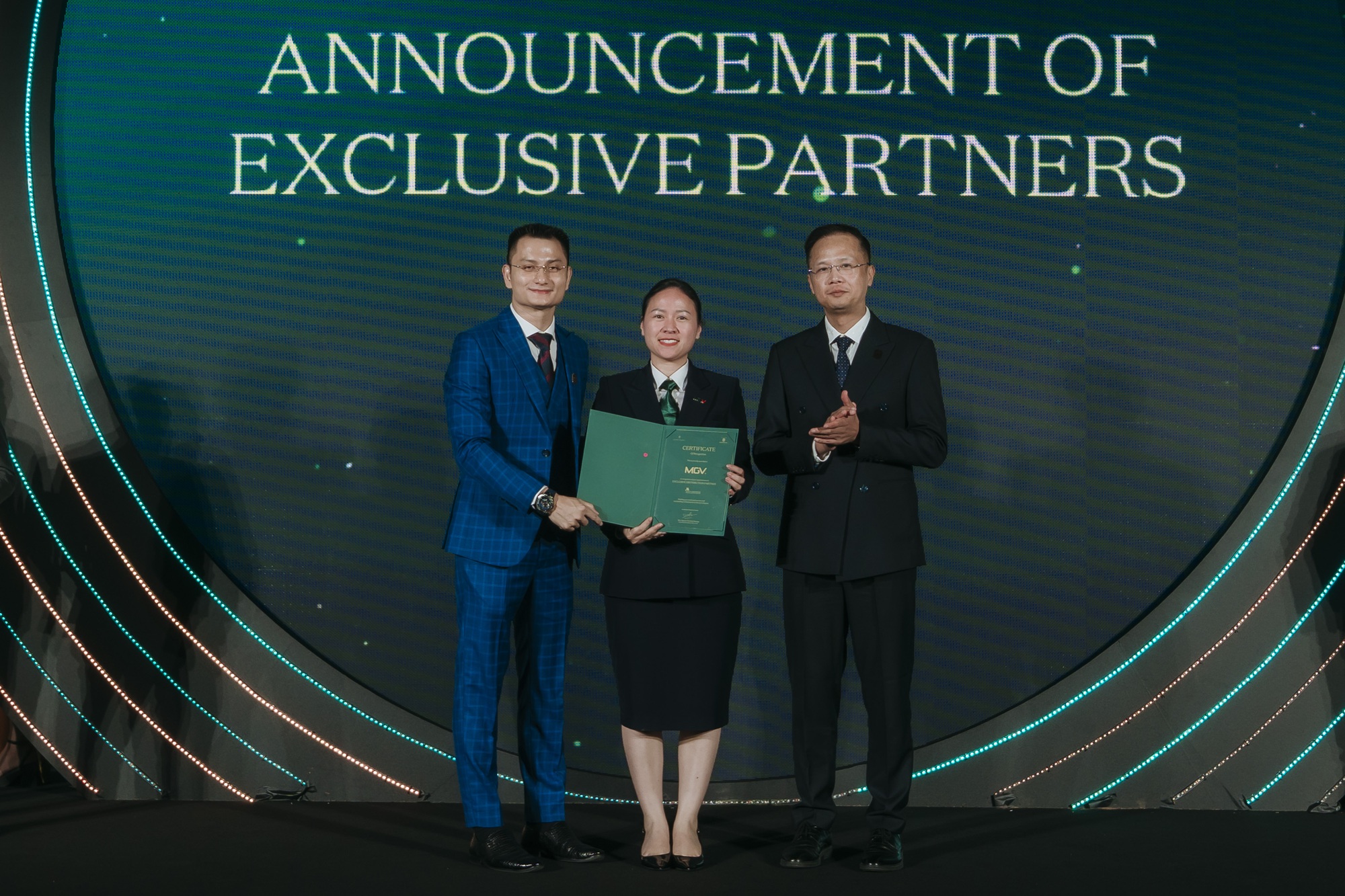
Even now, I maintain that spirit: continuously learning, striving, and listening to our clients. Success, to me, is when clients trust me as a “companion” rather than just a salesperson.
Thank you for this inspiring conversation.

